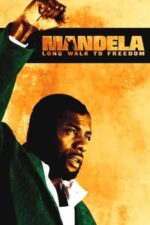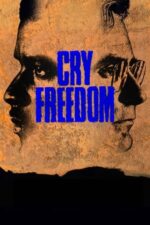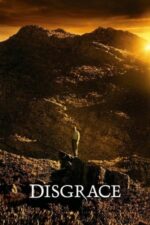Beyond Black and White: Exploring Apartheid Through Cinema’s Lens
Apartheid. The word itself conjures images of stark division, injustice, and systemic oppression. It's a term many of us have encountered in history books, but truly understanding its impact requires more than just dates and legislation – it demands empathy, perspective, and the power of storytelling. And thankfully, cinema has risen to that challenge, offering a diverse range of perspectives on this dark chapter in South African history.
It’s easy to think of apartheid as solely a political system, but films like Red Dust beautifully illustrate how deeply ingrained it was within personal lives and identities. Sarah Barcant's journey back to her roots, compelled by Alex Mpondo’s story, isn’t just about legal justice; it’s about confronting a legacy, grappling with privilege, and understanding the profound emotional toll on those who lived under apartheid. It reminds us that this wasn't some abstract concept – it was a reality for millions of people.
Then there's Endgame, which takes a fascinating approach by focusing on the clandestine negotiations between ANC leaders and Afrikaner intellectuals. The film isn’t about grand battles or heroic uprisings, but about the quiet courage of individuals willing to bridge seemingly insurmountable divides. It highlights how even amidst violence and fear, empathy – that often-overlooked superpower – can pave the way for change. I remember reading a fascinating interview with director Gavin Hood where he spoke about wanting to show the humanity on both sides of the conflict; it’s something Endgame achieves remarkably well.
Beyond these narratives of direct struggle, we see apartheid reflected in different ways. Ernest Cole: Lost and Found isn't a fictional story, but its exploration of a photographer's work – images documenting life under segregation – is profoundly impactful. It underscores the power of visual documentation to bear witness and challenge dominant narratives. Similarly, Cold Case Hammarskjöld, while focused on a specific event, reveals how political machinations and international tensions were intertwined with the apartheid regime’s actions.
Even films like Uproar, which centers on a young man's personal journey of self-discovery, subtly touch upon themes of identity and belonging that are intrinsically linked to the broader societal structures of apartheid. The struggle to define oneself within a system designed to categorize and marginalize is a universal one, amplified by the historical context.
Ultimately, these films – and so many others – offer more than just a history lesson. They invite us to confront uncomfortable truths, examine our own biases, and appreciate the resilience of the human spirit in the face of unimaginable adversity. They remind us that understanding the past is crucial for building a more just future. So, if you're looking for films that will challenge your perspectives and leave a lasting impact, I wholeheartedly encourage you to explore these cinematic windows into the world of apartheid.







































